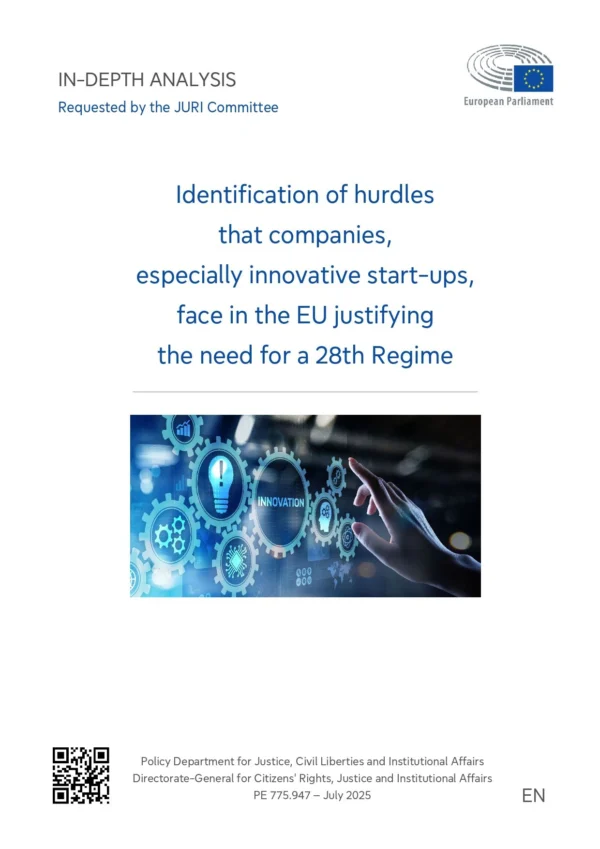The EU Global Gateway strategy aims to mobilise EUR 300 billion between 2021 and 2027 to invest in major infrastructure development around the world, to “boost smart, clean and secure links in digital, energy and transport and strengthen health, education and research systems across the world”. One of the key priorities of the Global Gateway is to strengthen global digital connectivity. The latter is of utmost importance, not only due to the relevance of digital technologies per se, but also since many of them are enabling technologies, with the potential to permeate all other infrastructure and industry sectors, from transport to energy and health; and to foster more democratic societies, more effective government services, new opportunities for education and access to information.
Against this background, promoting and sustaining investment in human-centric, sustainable, and resilient digital connectivity in developing countries is a challenging endeavour, and its complexity should not be underestimated. Several factors, from the consolidated position of non-EU corporations in several countries to the current financial distress experienced by many low- and middle-income countries (LMIC), contribute to making the pursuit of massive EU-led investments in digital connectivity a difficult endeavour.
In this report, we offer recommendations to the European Commission for the development of a Digital Connectivity Masterplan for the Global Gateway, based on the EU’s strengths as well as on emerging needs in the Global South.
This report has received funding from the European Commission, but the opinions expressed in this document are the sole responsibility of the authors and do not necessarily represent the official position of the European Commission.









